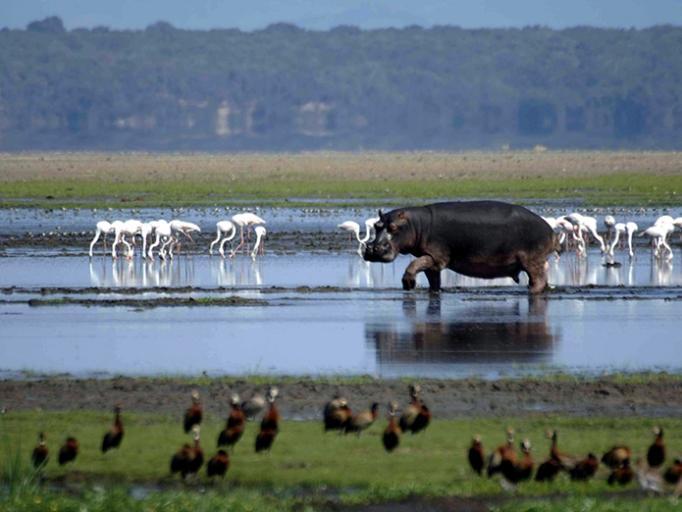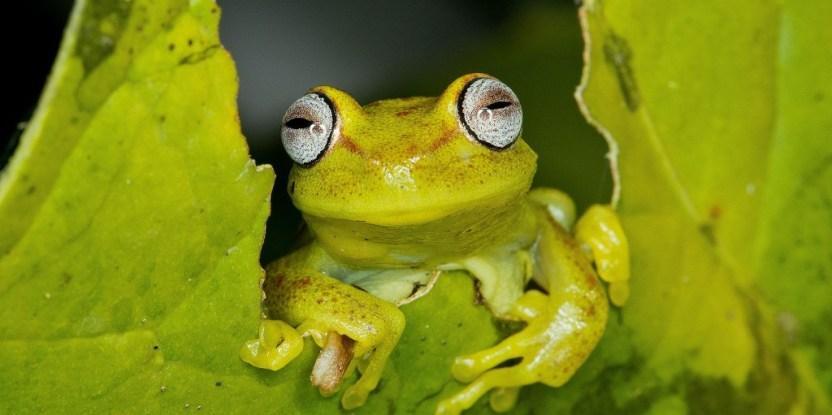Why does humanity need biodiversity?

The United Nations sketches a bleak picture- Humanity must stop the pace of wildlife extinctions or face extinction
The world has two years to seal a new pact on wildlife protection, the head of the UN body on wildlife. Nothing less than humanity is at stake, observers say.
“Biodiversity is life on Earth, and every extinction chips away at it, undermining the stability of the planet,”
Olivier Langrand is the executive director of the Critical Ecosystem Partnership Fund (CEPF), which gives grants to organizations to conserve biodiversity hotspots.
But how exactly is biodiversity so important to humanity? Why is biodiversity necessary for the stability of the planet? It may not be self-evident, so here are four reasons.
Wildlife supports healthy ecosystems that we rely on
“Species are to ecosystems what rivets are to a plane’s wing. Losing one might not be a disaster, but each loss adds to the likelihood of a serious problem”, cites conservation researchers Paul R. and Anne Ehrlich.
Whether in a village in the Amazon or a metropolis such as Beijing, humans depend on the services ecosystems provide, such as freshwater, pollination, soil fertility and stability, food and medicine. Ecosystems weakened by the loss of biodiversity are less likely to deliver those services, especially given the ever-growing human population.

Biodiversity is an essential part of the solution to climate change.
By holding global warming below 2 degrees Celsius — and biodiversity is an essential part of the picture- nature can provide more than 30 per cent of the solution to climate change.
Trees and plants store carbon in their tissue, making it even more necessary to protect them. The destruction of forest ecosystems is responsible for conserving forests that would stop the release of greenhouse gas caused by humans into the atmosphere.
Some ecosystems, such as mangroves, are particularly good at storing carbon and keeping it out of the atmosphere — where it contributes to climate change. Forests and wetland ecosystems provide crucial buffers to extreme storms and flooding related to climate change.
“For a relatively small investment, high-biodiversity forests and other ecosystems can be conserved and restored as a powerful means to rein in climate change while also helping communities cope with associated storms, flooding and other impacts,” Langrand said.
BIODIVERSITY IS GOOD FOR THE ECONOMY
At least 40 per cent of the world’s economy and 80 per cent of the needs of the poor are derived from biological resources.
Altogether, the food, commercial forestry and ecotourism industries could lose billions of rands if the loss of biodiversity continues its downward spiral.
Millions of people depend on nature and species for their day-to-day livelihoods. This is particularly true for struggling communities in developing countries, who often turn to high-biodiversity ecosystems as their source of food, fuel, medicines and other products made from natural materials for their own use and as sources of income. Nature-related tourism is also a significant income generator for many people as well.
Biodiversity is an integral part of culture and identity.
Species are frequently integral to religious, cultural and national identities. It is significant that major as well as minor religions include elements of nature. Today 231 species are formally used as national symbols in 142 countries. Unfortunately, more than one-third of those species are threatened.
The bald eagle and American bison are examples of conservation successes because of their role as national symbols. Ecosystems such as parks and other protected areas also provide recreation and a knowledge resource for visitors, and biodiversity is a frequent source of inspiration for artists and designers.

Call us and schedule your listing today! Contact Us
Copyright © 2025 Hermanus Online Magazine. Web Development by Jaydee media.

